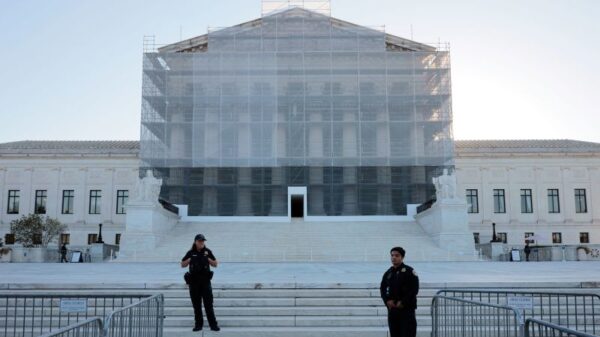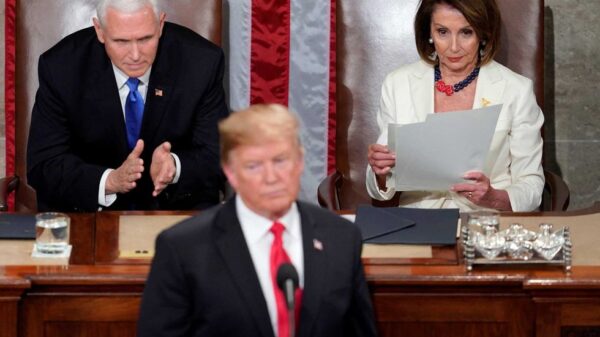Debate is intensifying among state legislators and the governor regarding potential cuts to property taxes. While there is considerable enthusiasm for reducing this financial burden on homeowners, experts suggest that a deeper examination of the long-term economic prospects is essential before any decisions are made.
Assessing Economic Implications
The push for property tax reductions is often framed as a means to stimulate the economy. However, financial analysts caution that such cuts could jeopardize vital state revenues. Property taxes are a significant source of funding for essential public services, including education, healthcare, and infrastructure. If these funds are diminished, the state may face challenges in maintaining quality services, which could ultimately hinder economic growth.
According to a report from the National Association of State Treasurers, reducing property taxes could lead to a shortfall of over $2.3 billion in state revenue over the next five years. Such a decline in funding could adversely impact public education systems, which rely heavily on property tax contributions. As states grapple with budgetary constraints, prioritizing tax cuts over fiscal stability raises critical questions about long-term economic health.
Legislators advocating for tax cuts often highlight the immediate relief they would provide to homeowners. However, they must consider the broader implications. The long-term economic prospects of the state depend on a balanced approach that maintains funding for vital services while addressing the concerns of residents regarding property tax burdens.
Public Services at Stake
The potential repercussions of property tax cuts extend beyond mere financial figures. Public services that residents depend on could suffer if funding is compromised. Schools may face budget reductions, leading to larger class sizes and fewer resources for students. Public safety and health services may also experience constraints, creating a ripple effect that impacts overall community well-being.
Governor and state legislators must weigh the benefits of immediate tax relief against the necessity of sustaining essential services. A comprehensive evaluation of the state’s fiscal strategy is imperative to ensure that any measures taken do not inadvertently undermine economic stability.
The conversation surrounding property tax cuts is complex and multifaceted. As lawmakers navigate these discussions, they must prioritize long-term economic sustainability over short-term political gains. By considering the broader implications of their decisions, they can create a more balanced and prosperous future for all residents.
In conclusion, while the allure of tax cuts is strong, the potential consequences necessitate a cautious approach. A thorough analysis of the state’s economic landscape will provide the necessary insights to make informed decisions that benefit both homeowners and the broader community.








































































